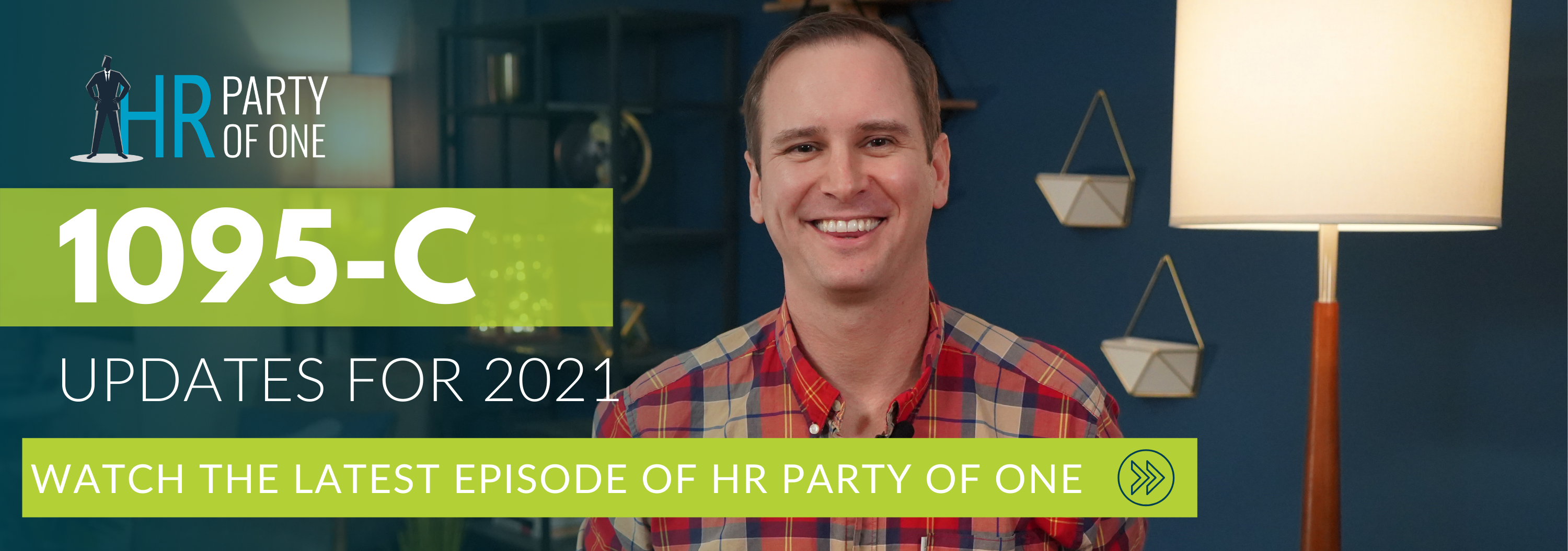
Written by
Drew Gieseke
Drew Gieseke is an aPHR®-certified marketing professional who writes about HR, compliance, and healthcare solutions.
IRS Announces Updates to 401(k) Contribution Limits for 2021

In October 2020, the IRS announced key updates to 401(k) contribution limits for 2021, including changes to catch-up contributions and employer contributions. Here’s what HR needs to know about this announcement.
Recap: Employee and Employer Contribution Limits for 2021
Released on Oct. 26, 2020, the IRS announced cost-of-living adjustments for contribution limitations for retirement accounts. Several changes were made overall, however, employee elective deferral limits remain unchanged.
In 2021, employees who participate in 401(k), 403(b), most 457 plans, and the federal government’s Thrift Savings Plan may only contribute $19,500 to these accounts. However, the IRS announced that a $1,000 increase in maximum contributions from all sources, which include employee and employer contributions. In other words, the employer contribution cap increased by $1,000, setting the maximum defined contribution limit at $58,000.
Meanwhile, the catch-up contribution limit for employees 50 and older—and who participate in these plans—also remains unchanged at $6,500.
Other Major Retirement Savings Changes for 2021
The IRS also announced income range increases for determining eligibility to make deductible contributions to the following account types:
- Individual Retirement Arrangements (IRAs)
- Roth IRAs
- Saver’s Credit claims
New phase-out ranges were introduced for 2021 IRA contribution deductions, as well as income limits for the Saver’s Credit. This information can be found in full detail by reviewing IRS Notice 2020-79.
What Else Should Employers Know?
This latest update from the IRS is one of several key changes to 401(k) and retirement plans made in 2020. With proper planning, the adjustments can help employees with long-term savings.
In July, the IRS eased limits on early retirement withdrawal eligibility thanks to the CARES Act, which helped provide much-needed relief to Americans during the COVID-19 pandemic. Additionally, in September, the IRS issued new SECURE Act guidance for 401(k) withdrawals.
Combined with the minor update to maximum defined contribution limits, these updates should be communicated to employees in a clear manner. Also, as a matter of best practice, consider reaching out to your 401(k) plan sponsors and/or vendors for additional guidance moving forward.

Written by
Drew Gieseke
Drew Gieseke is an aPHR®-certified marketing professional who writes about HR, compliance, and healthcare solutions.
Related Posts
Part-time work is becoming increasingly common in today’s workforce—especially for...
As you know, healthcare and benefits can be complicated, which can make the enrollment...
With the deadline for filing and distributing 1095-C forms approaching, staying...
A strong paid time off (PTO) policy helps retain current talent and attract prospective...







Submit a Comment